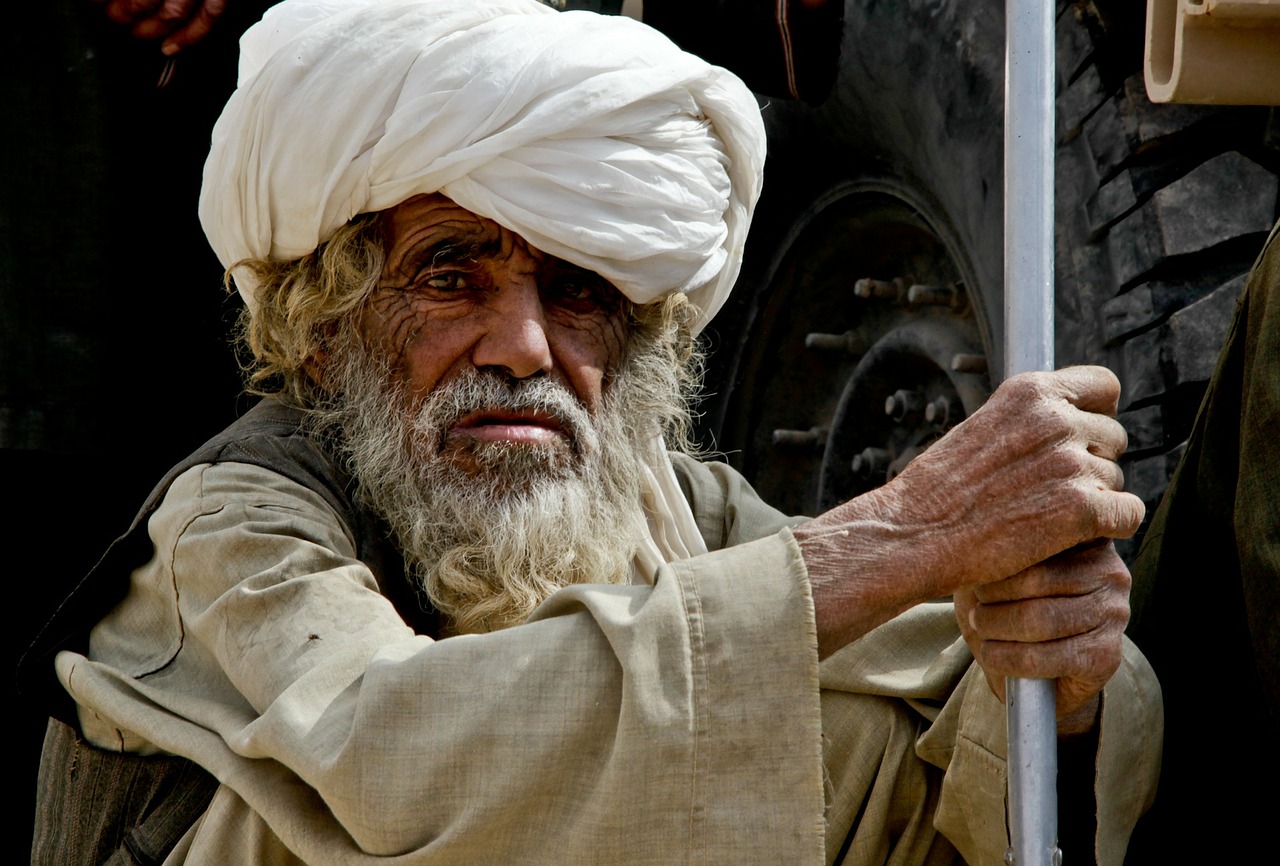The Taliban, Where their Strength Lies
Their swift rise of the Taliban to power was part due to a shared Pashtun ethnicity with the locals and the attractiveness of the religious dogma they preached, a promise of order and security that in a time of anarchy appealed to a war-weary population. Their method was effective. It still is. Since 2006, in 33 of the country’s 34 provinces, they have set up anticorruption committees that (unlike the central government or the corrupt police) deal with any injustice swiftly, and without the need for baksheesh or bribes. But the most important element contributing to the strength of the Taliban was, and remains, the unbridled logistical and financial support of the ISI, the very potent Pakistani Military Secret Services. Taliban is very much a Pakistani invention and its greatest strength is also its greatest weakness. Without ISI’s logistical support, it is extremely unlikely that the Taliban could have achieved what it has, based on Islamic rhetoric and common tribal ancestry alone—particularly since 2007.
We had an opportunity with the Kerry-Lugar Bill, which tripled the aid to Pakistan, to demand that ISI pull the plug on the extremists. The Peshawar car bomb, which killed 90 people, saluting Hillary Clinton’s arrival with its macabre message, and the anti-American demonstrations that followed were a stark indication of failed democracy. Now, with the withdrawal timetable set before the surge even begins we have lost any leverage we might have had with Pakistan. Financial aid to Pakistan has always been controversial. Reportedly, of the $11billion provided since September 11, eight billion were spent on armaments, a scant $100 million, less than one percent, on education and healthcare, areas where the influence of religious extremism could have been curbed. (For the missing three billion or so, my guess is as good as yours.) To believe that the Pakistani army will play ball is a questionable assumption at best. We are financing an army that, through its secret services, trains the same guerillas that wage war on us.
With the short timetable Obama has set, the extremists will likely avoid a symmetrical conflict, hiding their Kalashnikovs under their beds, and wait to fill the void and ensuing chaos U.S. departure will create, and emerging the likely victors. They seem to have studied Sun-Tzu’s teachings on the subtle and deceptive strategy of counterattacking: retreat, wait, try the patience of the enemy, and wait some more until the giant tires itself. All they have to do to “win” is to survive for a couple of years. In the words of Taliban leader Mullah Agha Muhammed: “We were born here, we will die here. We aren’t going anywhere.” (1.
- Sami Yousafzai, “The Taliban in Their Own Words,” Newsweek, (September 26, 2009), http://www.newsweek.com/id/216235/page/6
…
Courtesy image by Pixabay



